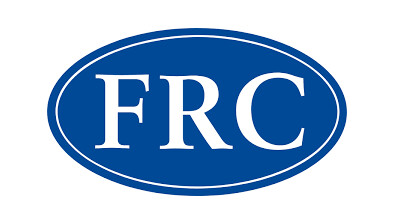Interpath: Scottish insolvencies fall as rising inflation cranks up pressure on businesses

Blair Nimmo
Corporate insolvencies in Scotland fell by 39% during the first six months of 2022, despite spiralling inflation, rising interest rates and energy costs, supply chain disruption and ongoing geo-political uncertainty continuing to pile pressure on businesses.
Analysis of notices in The Gazette by Interpath Advisory has revealed that a total of 11 companies fell into administration in Scotland from January to June 2022 – down from 18 during the same period in 2021.
This does not reflect the UK picture, however, which saw a total of 451 companies fall into administration in H1 2022 – up from 312 companies in H1 2021, but still not back at the pre-pandemic levels of 655 in H1 2020 and 686 in H1 2019. The rising number of UK insolvencies can be seen across a wide range of sectors, with building and construction, industrial manufacturing, and retail industries experiencing the sharpest rises.
Whilst the lower level of administration appointments in Scotland is welcome news, concerns remain that Scotland may follow the UK trend of a rise in insolvencies over the coming months as economic and macro factors continue to hit Scottish businesses. Accordingly, Scottish business owners should be watchful and take a proactive approach to ensure their companies are in the best possible financial health.
Blair Nimmo, chief executive of Interpath Advisory, said: “Businesses up and down the country continue to be buffeted by an array of headwinds, from inflation and interest rate rises, to supply chain disruption and staff shortages, not forgetting the war in Ukraine and now political uncertainty on the home front with the impending change in Prime Minister.
“Inflation – both in terms of input costs and wages - is proving to be a particular challenge, as organisations tread that fine line of how much they can pass rising input costs on to customers, while wrestling with the conundrum of balancing pay rises against double-digit inflation.
“With file consecutive interest rises over recent months, and undoubtedly more to come, plus fuel and energy costs continuing to rise, there’s no surprise that both consumers and businesses alike are thought to be preparing to batten down the hatches in the autumn.”
Alistair McAlinden, head of Interpath Advisory in Scotland, commented: “Many businesses are now spending the cash buffers built up over the last couple of years, and so from a cashflow perspective, appear to be reasonably healthy. However, their balance sheets and profit and loss (P&L) statements are weak, and the reality is that it won’t be too long before cash outflows catch up.”
“Remember: a large number of businesses were propped up during the pandemic by the myriad of government support schemes, coupled with a supportive lending environment, leading to higher availabilty of cash.
“However, anecdotally we are now starting to see two things. First, in certain circumstances, insititutions are becoming more cautious in their approach to lending. Should even a small number of lenders start to catch a cold, this will become problematic for businesses, as they burn through their cash reserves, and inflation continues to rise.
“Secondly, in recent weeks we have seen instances of enforcement action being taken and winding-up petitions being issued. While it’s too early to say that this is becoming a trend, it’s certainly notable given the moratorium on enforcement that was in place during the pandemic.”
Blair Nimmo concluded: “Speaking from our own experience at Interpath, we are certainly starting to see an uptick in activity, both across our insolvency teams, but also our value creation teams, who are typically brought in at the earlier stages of the cycle, when businesses first start to experience signs of stress.
“This does give cause for optimism, indicating that businesses are recognising those warning signs and seeking support early. The importance of this cannot be underestimated – in periods of stress, the more time you have to deal with the issues at hand, the more options and levers are available to pull.”







